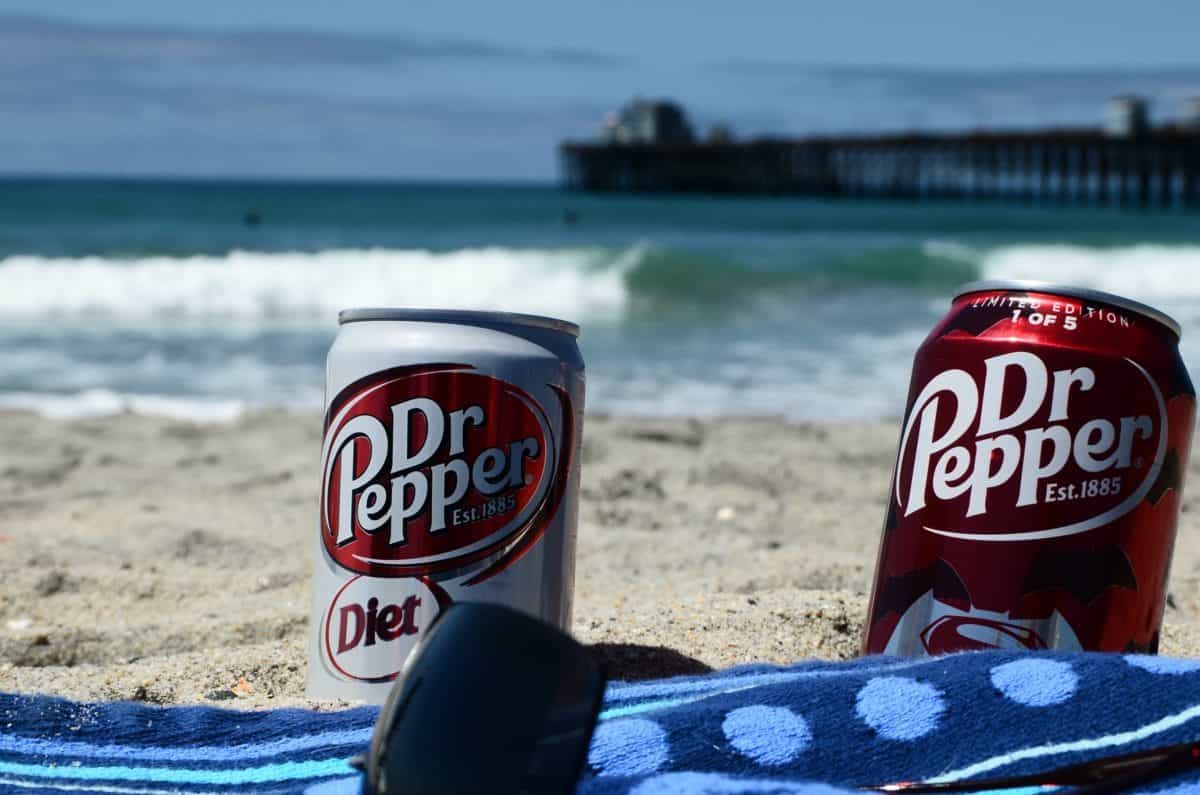Implementing certain weather-related measures in marketing campaigns could increase product valuation for some consumers and businesses, a new study found. The study, initiated by researchers at the University of British Columbia, was published in the peer-reviewed Journal of the Academy of Marketing Science.
The findings were determined based on the analysis of sales data from an online website and the weather conditions of the timeframe and location where the sales were made. Online surveys were also given to the participants to rate the value of indoor or outdoor products and subsequent weather patterns, such as sunshine, snowfall, and rain.
From their examination of the respondents, researchers found that sunny and snowy weather conditions resulted in mental visualizations by the consumers, which subsequently generated increased value on the product. Such rise in value was evident among outdoor products only, researchers noted.
“The current research investigates the effect of weather, a ubiquitous environmental cue, on consumers’ valuation of products. A large-scale field study and four experiments demonstrate that weather affects product valuation but only under particular conditions,” the findings read.
“We test three weather states—sunshine, snowfall, and rain—and find that our effects emerge for sunshine and snowfall but not for rain, as the latter does not enhance mental simulation.”
“The findings advance literature on the effects of environmental cues and mental simulation and guide firms on how to increase consumers’ valuation of products by weather-related measures,” researchers concluded.
All in all, the findings give assurance to the use of sunshine or snowfall for mental simulation in consumerism, which could be beneficial for the marketing of products associated with outside activities. However, researchers caution such increase in product valuation could be unattainable if a product is not of glamorization to consumers.


